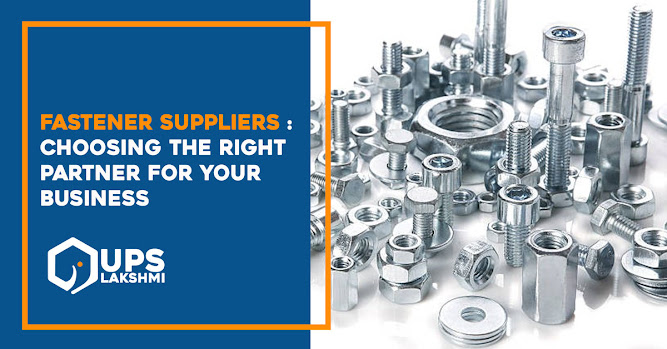A Comprehensive Guide to Bolt and Screw Manufacturing Processes
Bolts and screws are vital components used in various industries, ranging from construction to aerospace. Their production requires precision and efficiency to ensure the highest quality products. In this comprehensive guide, we will explore the various manufacturing processes involved in producing bolts and screws, shedding light on the intricacies that contribute to their durability and reliability.
1.
Material Selection:
The first step in bolt and screw manufacturing is material selection. High-quality materials such as stainless steel, carbon steel, alloy steel, and titanium are commonly used for their exceptional strength and corrosion resistance. The choice of material depends on the specific application and environmental factors the fastener will encounter.
2. Cold Heading:
Cold heading is a crucial process for forming the heads of both bolts and screws. A slug of metal is cut from a wire or coil, and a heading machine shapes it into the desired head configuration. The cold heading process ensures the material retains its properties since it remains below its recrystallization temperature. This results in improved mechanical properties and higher precision.
3. Thread Rolling:
To impart threading on bolts and screws, thread rolling is employed. This process involves rolling a hardened die onto the workpiece, displacing the material to create the threads. Thread rolling is preferred over traditional cutting methods as it strengthens the metal, enhances thread surface finish, and reduces material waste.
4. Heat Treatment:
Heat treatment is employed to improve the mechanical properties of bolts and screws, ensuring they meet specific performance requirements. Common heat treatment methods include annealing, quenching, and tempering. These processes enhance hardness, tensile strength, and ductility while reducing internal stresses.
5. Surface Coating:
Surface coatings are applied to bolts and screws to enhance their corrosion resistance, appearance, and lubrication. The most popular coating methods include electroplating, hot-dip galvanizing, and mechanical plating. These coatings act as a protective barrier against environmental elements, extending the life of the fasteners.
6. Threading:
After the heat treatment and coating processes, the bolts and screws undergo threading. This involves cutting or rolling threads on the fastener's shank to allow for easy insertion and secure fastening.
7. Inspection and Quality Control:
Throughout the manufacturing process, stringent inspection and quality control measures are implemented to ensure that each bolt and screw adheres to the required standards. Advanced technologies like optical sorting and automated vision systems detect defects and deviations, guaranteeing the final products meet precise specifications.
8. Packaging:
Once the bolts and screws have passed all quality checks, they undergo careful packaging. Proper packaging protects the fasteners during transportation and storage, preventing damage and ensuring they reach customers in perfect condition.
9. Customization:
Bolt and screw manufacturers often offer customization services to meet specific client requirements. Customization options include varying sizes, thread types, head shapes, and coatings, providing customers with tailored solutions for their applications.
10. Environmental Considerations:
Responsible bolt and screw manufacturers prioritize sustainability by employing eco-friendly practices and materials. They may implement recycling programs, optimize energy consumption, and adhere to environmentally conscious waste management.
Bolt and screw manufacturing processes require a delicate balance of precision, expertise, and technological advancements. From material selection to environmental considerations, each step plays a crucial role in producing high-quality fasteners for diverse industries.
Universal Precision Screws (UPS) is a leading bolt and screw manufacturer renowned for its commitment to producing top-quality fasteners. With a focus on precision engineering and cutting-edge technology, UPS ensures their products meet the highest industry standards. The company's dedication to material selection, state-of-the-art manufacturing processes, and stringent quality control measures has earned them a reputation for reliability and durability in their fasteners. As a customer-centric organization, UPS offers customized solutions to meet the unique requirements of various industries, showcasing their versatility and commitment to excellence. With a strong emphasis on environmental responsibility, UPS continues to lead the way in sustainable and eco-friendly manufacturing practices. To know more, visit- https://www.upsind.com/




Comments
Post a Comment